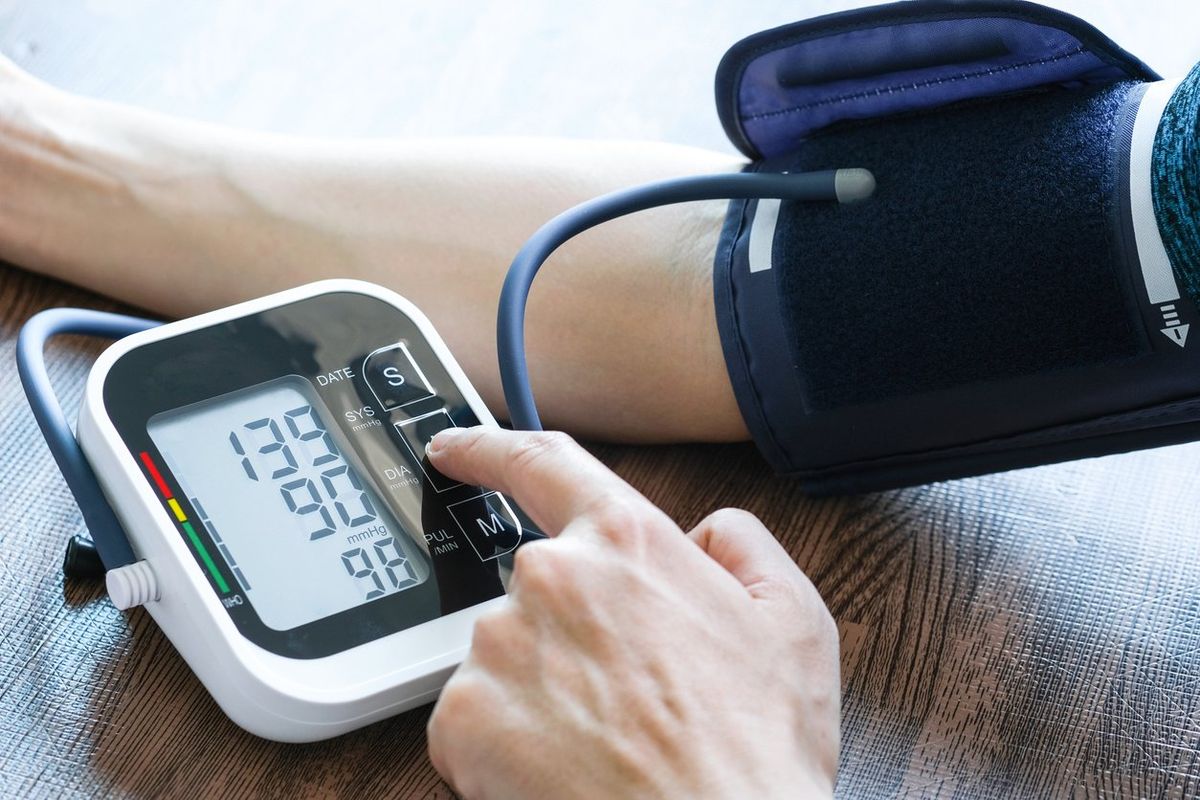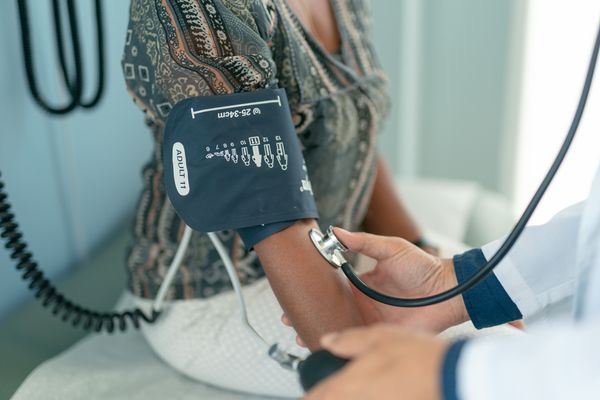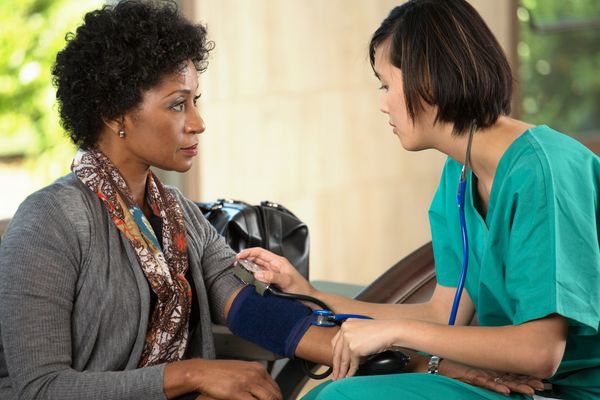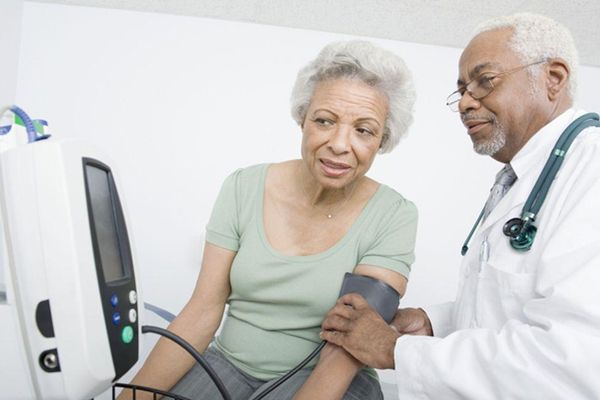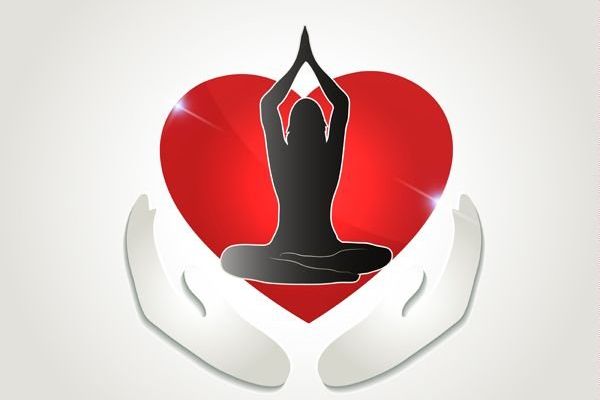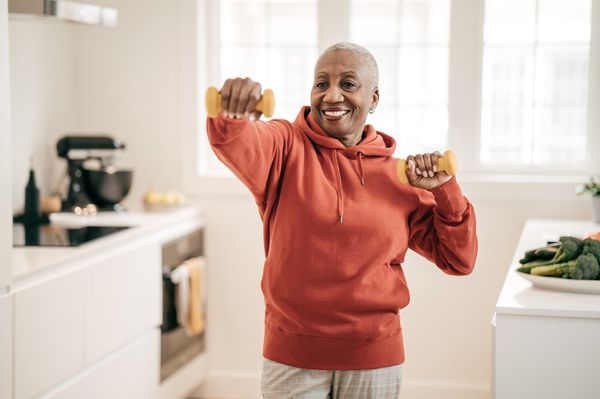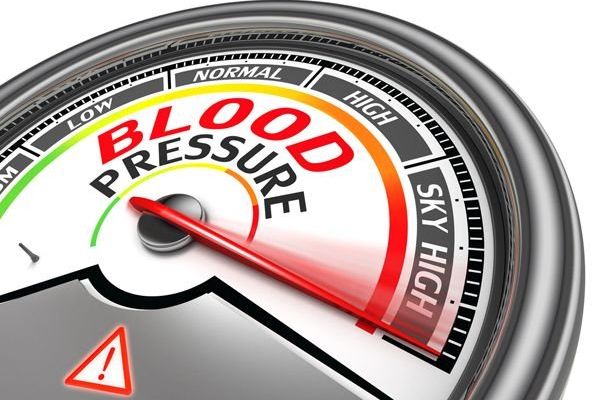Q:
What does it mean when high blood pressure reaches stage 2?
A:
It means that your blood pressure is high enough to cause concern about your risk of heart attack and stroke. You need to work closely with your health care team to bring your blood pressure under control. Blood pressure is considered "normal" if the systolic (the first number) is 119 mm Hg or below and/or the diastolic (the bottom number) is 79 or below. A blood pressure in which the systolic is 120 to 139 and/or the diastolic is 80 to 89 is considered prehypertension. Stage 1 hypertension is diagnosed with a systolic of 140 to 159 and/or diastolic between 90 and 99. Stage 2 hypertension is diagnosed when you have a systolic blood pressure 160 or above and/or a diastolic blood pressure of 100 or more.
Stage 2 hypertension is very dangerous. Just consider that for every 20 mm Hg systolic (top number) or 10 mm Hg diastolic (bottom number) increase above 120/80 your risk of dying from a stroke or heart diseasedoubles. A blood pressure between 130-139/85-89 equates to a risk of cardiovascular disease more than twice as high as someone with optimal numbers. (Remember that 120/80 or less is optimal.)
With a blood pressure as high as yours, you should be taking medication. Current national guidelines call for people with stage 2 hypertension to take at least two medications, usually a thiazide-type diuretic and angiotensin-converting enzyme (ACE) inhibitor, or a diuretic and either an angiotensin-II receptor blocker (ARB), beta blocker or calcium channel blocker. If you have other health conditions, you may need additional medications.
Medication alone isn't enough. Significant lifestyle changes will help the medication work better. These include losing weight, getting regular exercise (a 30-minute walk most days of the week could do wonders), reducing the amount of sodium in your diet, following a healthy diet (ask your doctor about the DASH diet, and limiting alcohol to no more than one drink a day for women (two for men). Stopping smoking, if you smoke, and reducing emotional stress are also important. In addition to medication and lifestyle change, you should monitor your own blood pressure (three to four times per week), keep a record of these numbers and regularly review them with your health care provider. Self-monitoring is a key to better blood pressure control.
A blood pressure as high as yours should not be ignored. It puts you at very high risk of a stroke or heart attack, as well as kidney disease and other complications. I urge you to take your new diagnosis seriously, and get those numbers down!

